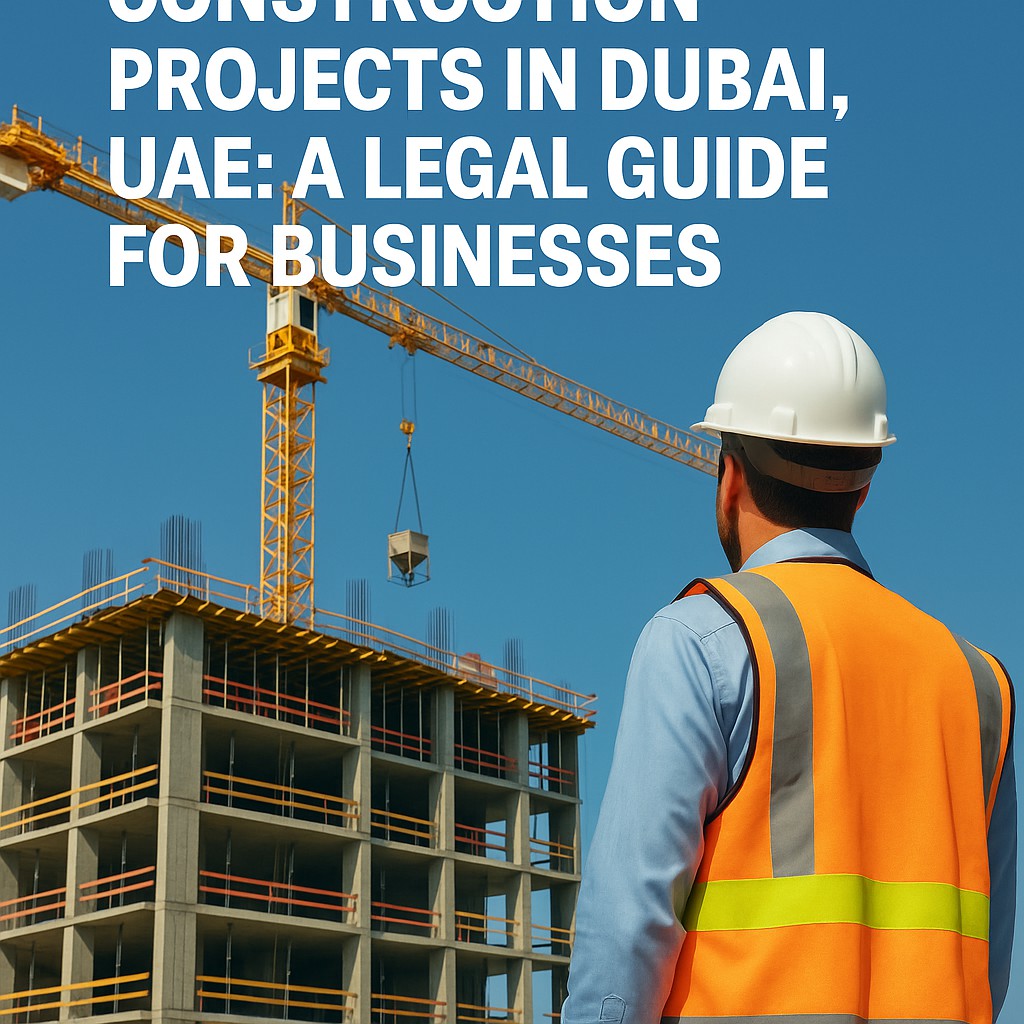Transferring property in the UAE is a major undertaking that necessitates strict adherence to local rules and regulations. The UAE's legal system ensures transparency and efficiency in real estate transactions, instilling confidence in both buyers and sellers. This article discusses the property transfer process and the importance of Real Estate and Construction Lawyers in Dubai.
Understanding Property Transfers in the UAE
The UAE real estate market is governed by regulations that protect the rights of both parties involved in a transaction. Property transfers are normally handled by the appropriate land department, such as the Dubai Land Department (DLD).
Step-by-Step Process for Property Transfer
1. Initial Agreement Between Buyer and Seller
- The process begins with the buyer and seller agreeing on the terms of the sale.
- A Memorandum of Understanding (MOU) is drafted to outline these terms.
- Both parties sign the MOU, often accompanied by a deposit (commonly 10% of the property value).
2. No Objection Certificate (NOC)
- The seller must obtain an NOC from the developer.
- The NOC confirms that the property is free from liabilities and can be transferred.
3. Property Valuation
- The property undergoes a valuation to determine its market price.
- This step ensures the transaction aligns with fair market standards.
4. Transfer at the Land Department
- Both parties visit the Dubai Land Department (or relevant authority) to complete the transfer.
- Required documents include:
- Original title deed.
- Emirates IDs and passports of both parties.
- Signed NOC.
- The buyer pays the purchase price, transfer fees and other applicable charges.
5. Issuance of New Title Deed
- Upon completing the transfer, the land department issues a new title deed in the buyer's name.
Key Legal Considerations
1. Transfer Fees
- The buyer typically pays the transfer fees, a percentage of the property value (commonly 4% in Dubai).
2. Mortgaged Properties
- If the property is mortgaged, additional steps are required to settle the outstanding loan before transfer.
3. Foreign Ownership Restrictions
- Non-UAE nationals can only purchase property in designated freehold areas.
Role of Real Estate and Construction Lawyers
Real Estate and Construction Lawyers in Dubai play an important part in facilitating smooth property transactions. Their expertise encompasses:
- Drafting and reviewing MOUs and sales agreements.
- Verifying property ownership and legal status.
- Handling disputes or irregularities during the transfer process.
- Ensuring compliance with UAE real estate laws.
Common Challenges in Property Transfers
- Disputes Over NOCs: Delays in obtaining NOCs can hinder the process.
- Misrepresentation of Property Details: Legal review helps avoid discrepancies.
- Unclear Ownership: Lawyers verify the seller’s legal ownership to prevent fraud.
Property transfer in the UAE necessitates rigorous planning and legal competence. Buyers and sellers can easily traverse the procedure with the help of professional Real Estate and Construction Lawyers, resulting in a seamless and legally compliant transaction.








